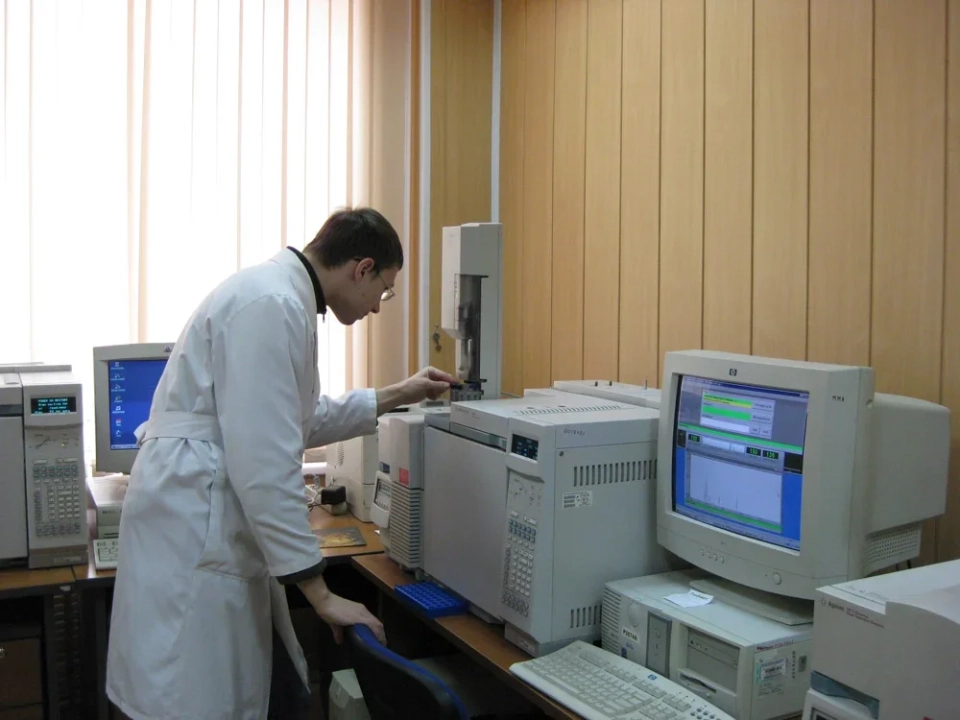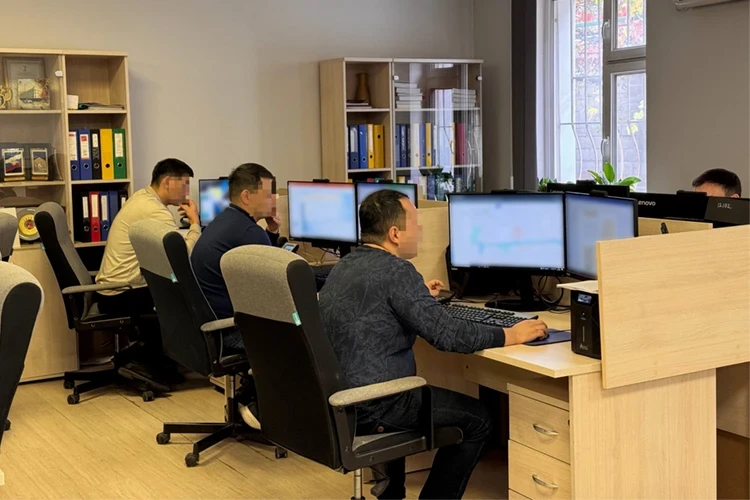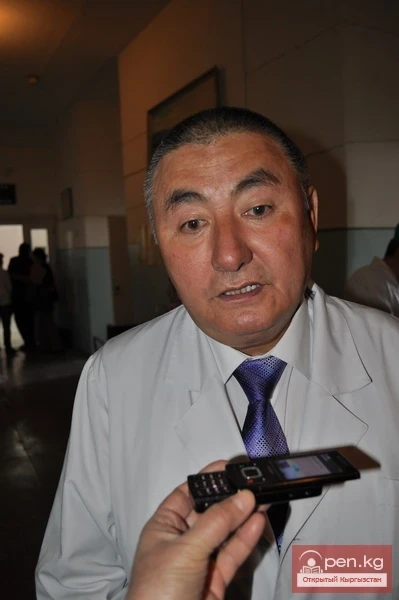
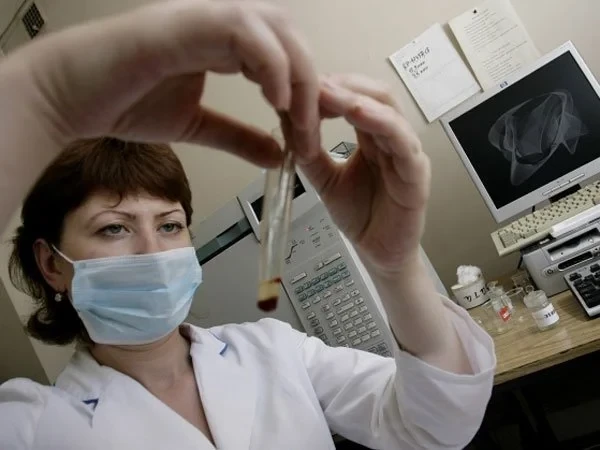






The problem of drug addiction and the illegal drug trade remains one of the most pressing issues in modern society. To address it, alongside legal and social measures, it is essential to focus on scientific research. Scientists in the fields of narcology, chemistry, and biology significantly influence the identification of new psychoactive substances, their composition, and the development of effective treatment methods.
Modern laboratories play a crucial role in this process, as they can quickly identify new synthetic compounds and thoroughly investigate their effects on the human brain and body. This, in turn, allows for the development of new approaches to diagnosis and rehabilitation.

“Specialized laboratories are extremely important in this process. They can detect new synthetic and previously unstudied psychoactive substances, allowing for a rapid response to the current drug situation, updating legislative and preventive measures, as well as developing modern methods of diagnosis and forensic examination,” she added.

She also noted the need for training specialists in chemistry, toxicology, and pharmacology, who play a crucial role in combating the spread of drugs.
These specialists are engaged in analyzing new psychoactive substances, determining their chemical formulas, and developing methods for their detection.
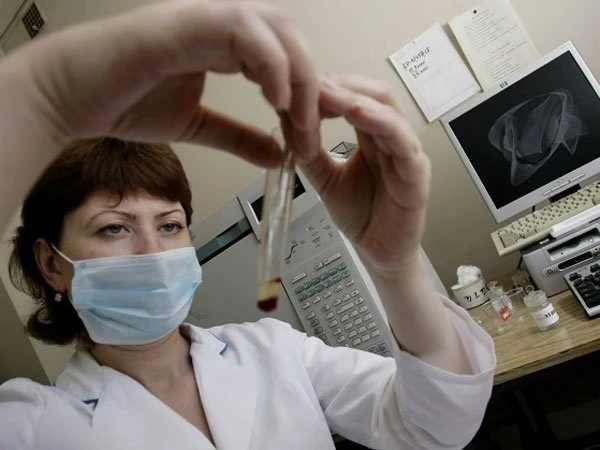
Doctor of Political Science Tokon Mamytov emphasized the importance of using foreign experience in the fight against drugs and psychoactive substances.
“It is extremely important to adopt successful practices from other countries. The effective operation of research centers in some states has yielded significant results in the fight against drug addiction. Kyrgyzstan is also moving towards a comprehensive, scientifically grounded approach. Supporting scientists and chemists working in this field is one of the promising directions in the fight against drugs,” he noted.

He also noted that the composition of drugs is constantly changing.
“Narcotic substances often contain various mixtures, complicating their identification with standard tests. For example, naloxone only neutralizes the opioid component. Therefore, it is necessary to regularly update laboratory equipment in accordance with modern requirements and train specialists for the rapid identification of new molecules,” emphasized Tokon Mamytov.

